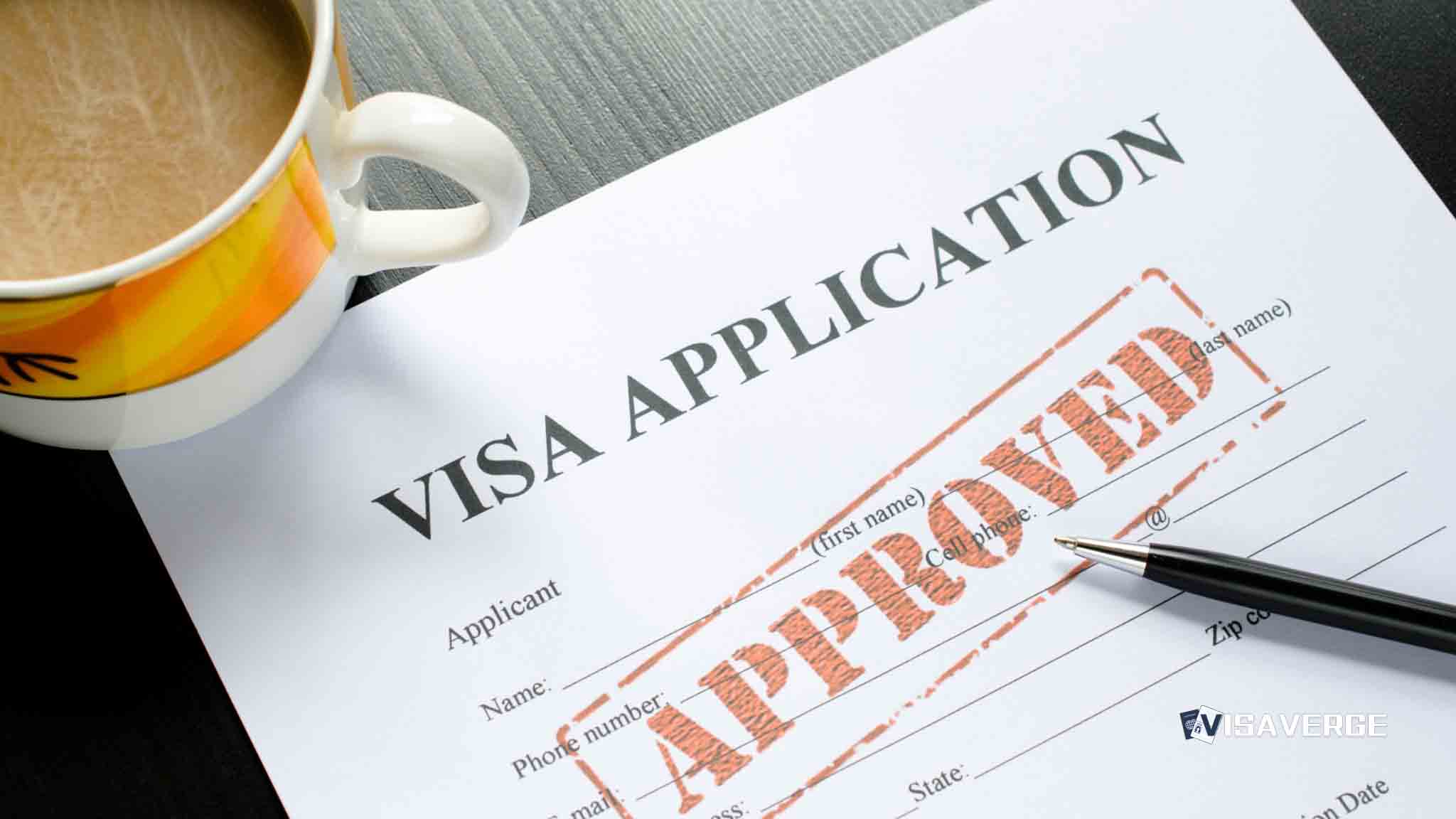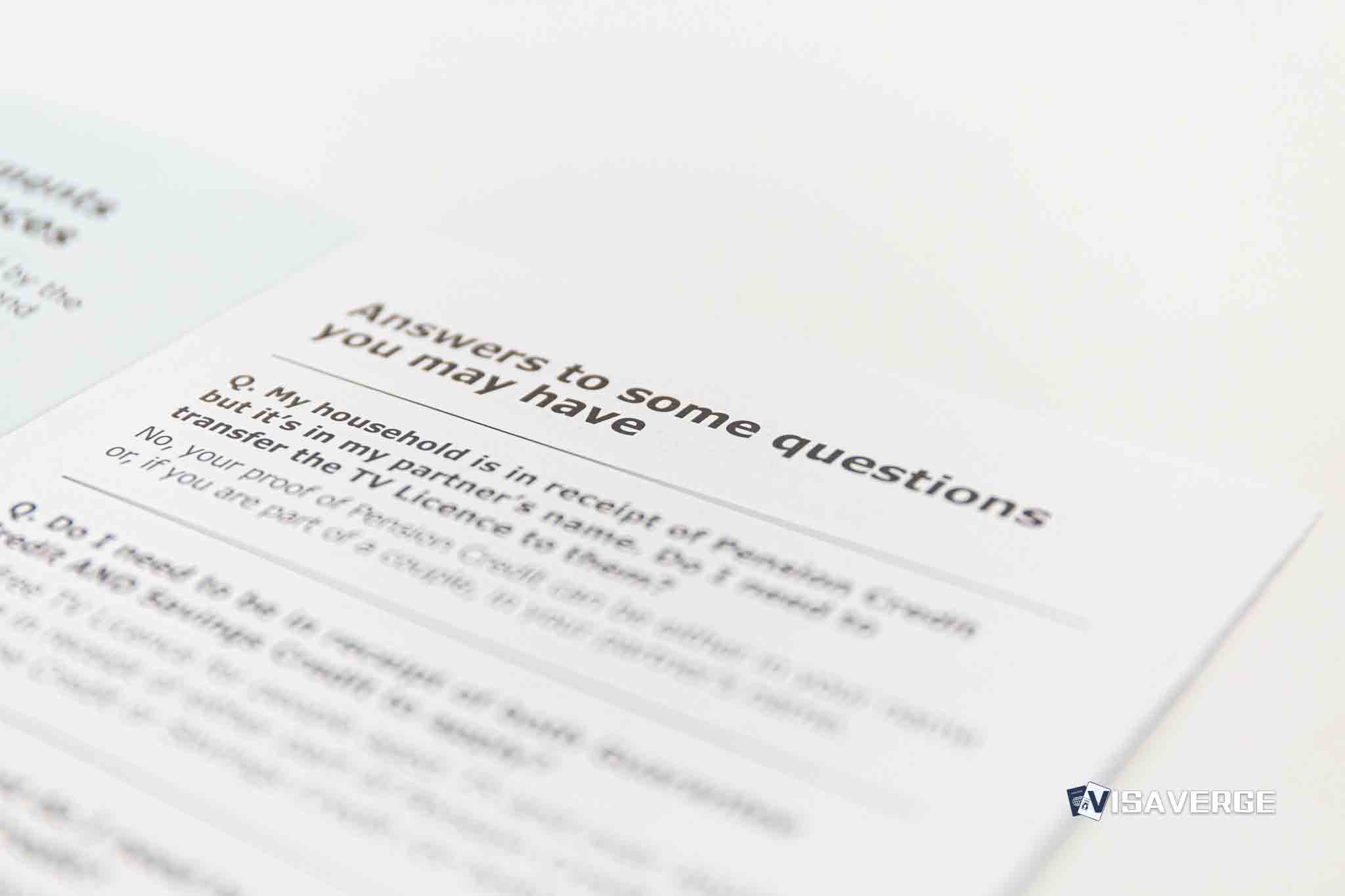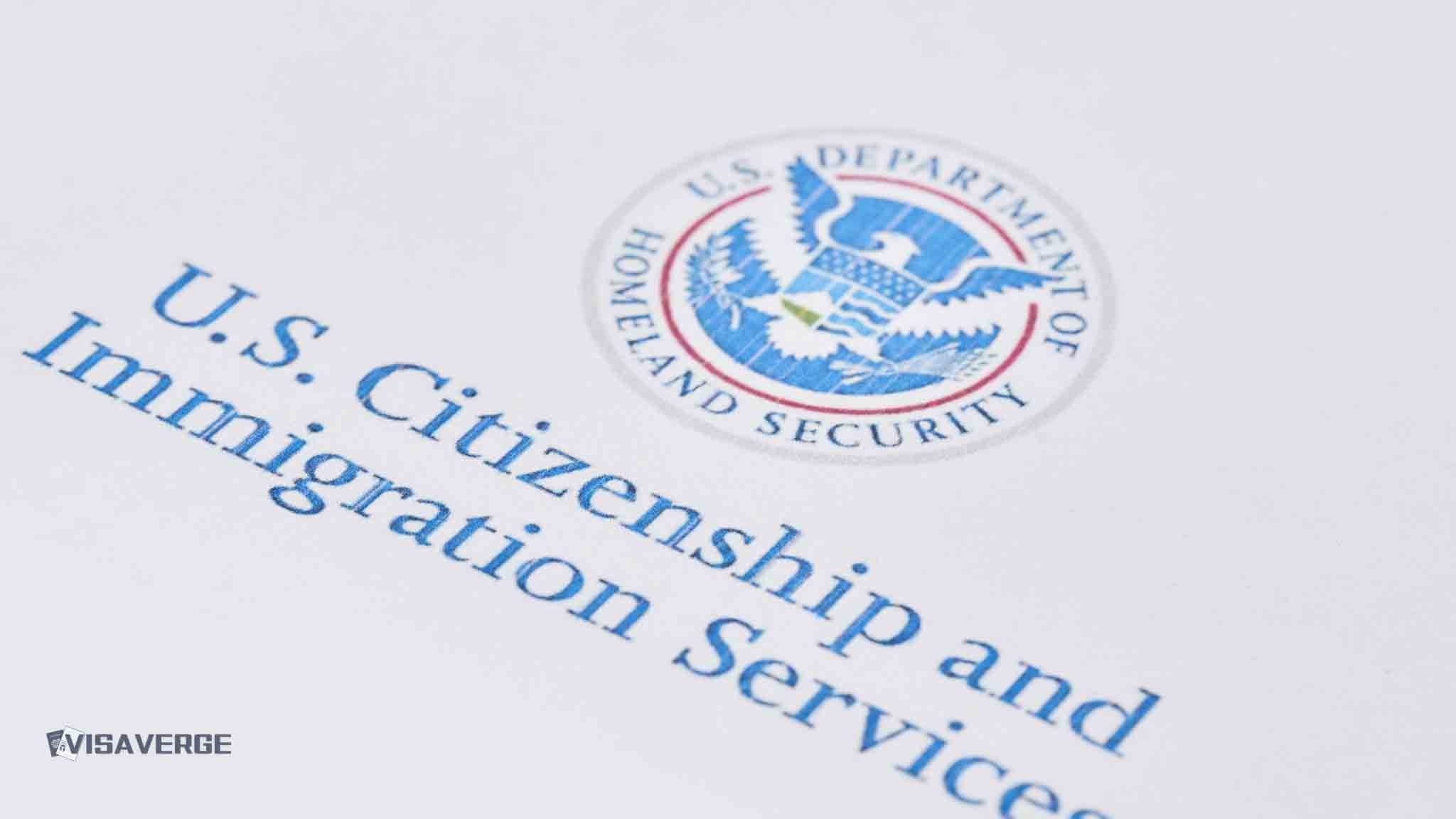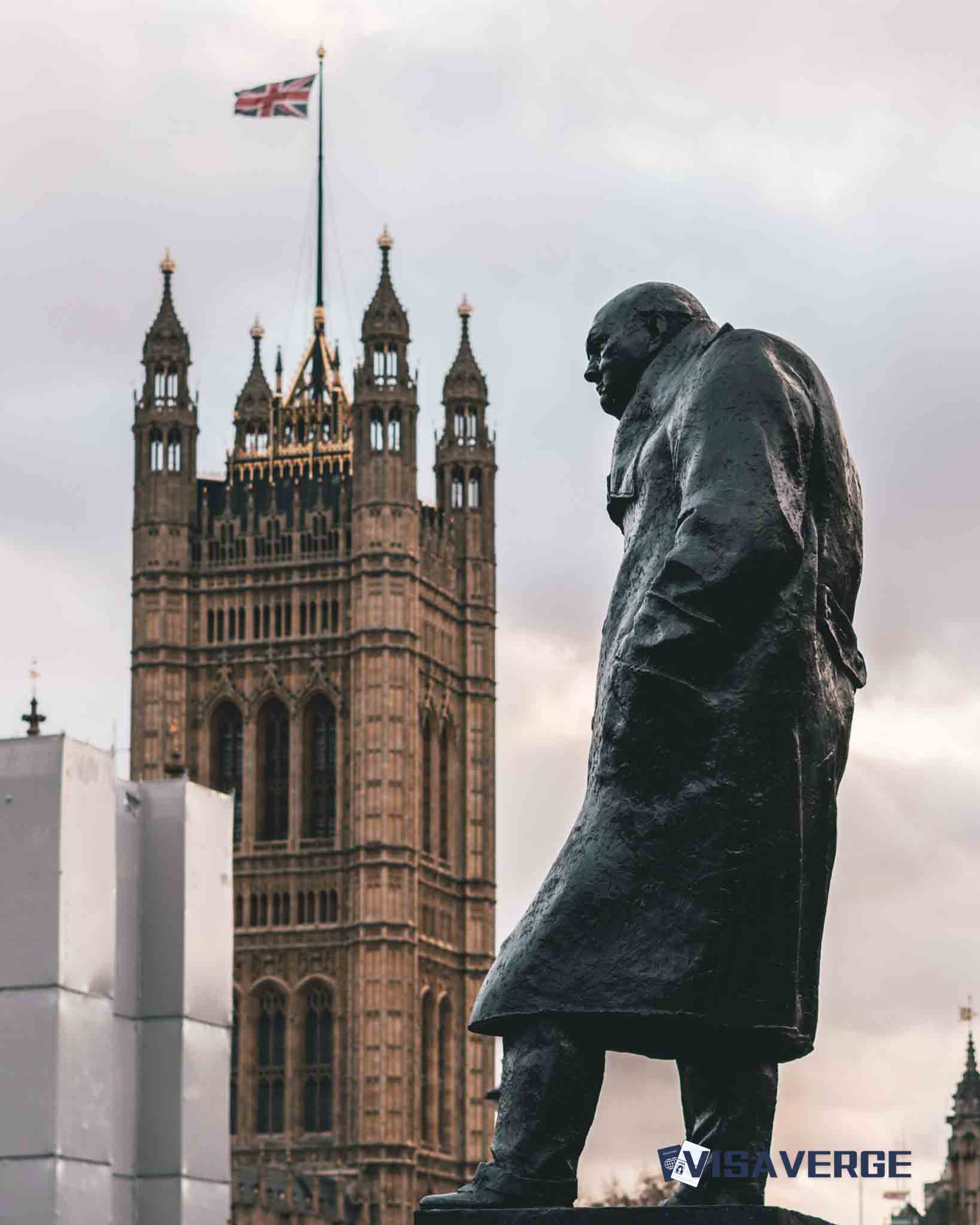Key Takeaways
• Since January 2021, 163,400 Hongkongers arrived in the UK under the BN(O) visa scheme.
• BN(O) visa applications declined after 2021, with only 14,424 out-of-country visas granted by March 2025.
• From April 2025, BN(O) passport holders are exempt from the UK Electronic Travel Authorisation requirement for short visits.
The British National (Overseas) (BN(O)) visa scheme has become one of the most significant migration pathways for Hongkongers seeking to settle in the UK 🇬🇧 since its launch in January 2021. This data analysis examines the purpose and scope of the BN(O) visa, the sources and periods of available data, key statistical findings, and the broader social and economic impacts. It also highlights current trends, policy changes, and the limitations of the available data, providing a comprehensive overview for policymakers, prospective migrants, and the wider public.

Purpose and Scope of the BN(O) Visa Scheme
The BN(O) visa was introduced by the UK government in response to the imposition of the national security law in Hong Kong 🇭🇰 by China 🇨🇳. The scheme aims to provide a safe and legal route for eligible Hongkongers and their families to live, work, and study in the UK, with a pathway to permanent settlement. The policy reflects the UK’s historical responsibilities to Hong Kong and its commitment to upholding freedoms and rights for its residents.
The scope of this analysis covers:
- The scale and characteristics of BN(O) migration to the UK since 2021
- Application and approval trends over time
- Policy updates and their implications for migrants
- Social, economic, and educational challenges faced by BN(O) visa holders
- Limitations of the available data and areas for further research
Data Sources and Periods
This analysis draws on the following primary data sources:
- UK Home Office quarterly immigration statistics (latest release: May 22, 2025, covering data up to March 2025)
- Official government statements and policy documents on the BN(O) scheme
- Academic research, notably the University College London Hong Kong BN(O) Migrants Panel Survey
- Advocacy group reports (e.g., Hong Kong Watch)
- Media analysis and commentary
The main period under review is January 31, 2021 (the scheme’s launch date) to March 2025, with some references to projections and policy developments expected later in 2025.
Key Findings: BN(O) Visa Uptake and Trends
Headline Statistics (as of March 2025)
- Total arrivals in the UK under the BN(O) visa: 163,400
- Out-of-country BN(O) visas granted: 179,258
- Out-of-country BN(O) visa applications submitted: 185,478
- In-country BN(O) extension applications: 47,020
- In-country BN(O) extensions granted: 44,646
Year ending March 2025:
– Out-of-country visas granted: 14,424
– Arrivals in the UK: 18,700
– In-country extension applications: 7,049
– In-country extensions granted: 7,739
Source: UK Home Office, Immigration Statistics, May 2025
Visual Description
Imagine a line graph showing a steep rise in applications and arrivals in 2021, followed by a steady decline through 2024 and into 2025. The initial surge reflects pent-up demand and uncertainty following the national security law, while the subsequent drop-off indicates that the largest cohort of eligible Hongkongers has already made the move.
Application and Arrival Trends: A Closer Look
Declining Application Numbers
The Home Office has reported a consistent decrease in BN(O) visa applications, grants, and arrivals since the scheme’s first year:
- 2021: Visa grants peaked at 75,579
- 2024: Out-of-country applications fell to roughly 25% of 2021 levels
- Year ending March 2025: Only 14,424 out-of-country visas granted
Trend Comparison:
The initial wave of migration in 2021 was driven by urgent concerns about political freedoms and personal safety. As the scheme matured, the pool of eligible and motivated applicants shrank, resulting in a natural tapering of new arrivals.
Key Point:
Despite the decline, the cumulative total of 163,400 arrivals represents one of the largest single-source migration flows to the UK in recent decades.
Policy Context and Recent Developments
Exemption from Electronic Travel Authorisation (ETA)
As of April 9, 2025, BN(O) passport holders are exempt from the UK’s ETA requirement for short visits. This means:
- BN(O) passport holders can enter the UK for up to six months without an ETA, similar to British and Irish citizens.
- This exemption streamlines travel for Hongkongers, reducing administrative barriers for family visits and short-term stays.
Official government information:
For the latest rules on BN(O) status and travel, see the UK government’s BN(O) visa page.
Consultation on Immigration Rule Changes
The UK government has announced a public consultation later in 2025 to consider whether proposed tightening of immigration rules will apply to BN(O) visa holders. The outcome could affect eligibility, settlement pathways, and family reunion options.
Implication:
Current and prospective BN(O) applicants should monitor these developments closely, as future rule changes may impact their plans.
Visa Fee Increases
From April 2025, most UK visa and nationality fees—including those for BN(O) applicants—have increased by 5-10%. This change reflects broader adjustments to the UK immigration system and may influence the affordability of the scheme for some families.
Eligibility and Application Process
Who Can Apply?
The BN(O) visa is open to:
- Hong Kong residents born before July 1, 1997 (the date of the handover to China) who hold BN(O) status
- Eligible family members and dependents (including spouses, partners, and children under certain conditions)
Application Approval Rates
- The approval rate for BN(O) visa applications through 2023 was 96%
- The UK government initially estimated that 2.9 million people could be eligible, plus 2.3 million dependents
- Projections suggest that 258,000 to 322,400 BN(O) holders would immigrate within five years
Application forms and guidance:
Applicants can find the official BN(O) visa application form and eligibility criteria on the UK government’s BN(O) visa page.
Challenges and Limitations
Family Separation
One of the most pressing issues is family separation due to eligibility restrictions. For example:
- A family may have parents with BN(O) status and a younger child who qualifies as a dependent, but an older sibling born after 1997 may not be eligible to join them.
- This has led to real cases where families are split between the UK and Hong Kong, creating emotional and practical difficulties.
Quote:
Thomas Benson, policy advisor at Hong Kong Watch, notes:
“What we have seen are real examples, real families, where the parents have a BN(O) passport, the younger child is eligible, but an older sibling is frozen out of the scheme and can’t join their family members in the UK.”
Education Barriers
BN(O) visa holders face significant financial barriers to higher education in the UK:
- They are not eligible for home fee status at UK universities until they have lived in the UK for five years.
- In contrast, other humanitarian migrants and EU students with settlement status qualify after three years.
- As a result, BN(O) students must pay international fees, which are much higher than home fees.
Example:
A Hongkonger who arrived in 2021 will only become eligible for home fees in the 2027-28 academic year. Until then, the cost of university may be prohibitive for many families.
Context:
This issue is particularly acute as 72% of English higher education institutions are projected to be in deficit by the end of the 2024-25 academic year, increasing competition for limited resources.
Economic and Social Impact
Economic Contribution
The UK government estimates that BN(O) migrants will bring over £2 billion in net economic benefits. This projection is based on:
- The high skill levels and educational attainment of many Hongkongers
- Their ability to contribute to the UK workforce and economy
However:
Comprehensive data on actual integration and economic outcomes is still limited.
Social Integration
To address the knowledge gap, University College London has launched the Hong Kong BN(O) Migrants Panel Survey. This research collects data on:
- Employment, housing, and education outcomes for BN(O) migrants
- Their social integration and sense of belonging
- Comparisons with other migrant groups
- Long-term intentions (staying in the UK vs. returning to Hong Kong)
Policy Response:
The UK government’s Hong Kong UK Welcome Programme provides integration support through local authorities and voluntary organizations. However, the adequacy of these resources relative to the needs of BN(O) migrants remains under review.
Trend Comparisons and Visual Descriptions
Migration Flows: BN(O) vs. Other Routes
- The BN(O) scheme represents one of the largest organized migration flows to the UK in recent years, rivaled only by humanitarian schemes for Ukrainians and Afghans.
- Unlike asylum or refugee routes, the BN(O) visa is a bespoke migration pathway with a high approval rate and a clear route to settlement.
Visual Description:
A bar chart comparing annual arrivals under the BN(O) scheme, the Ukraine Family Scheme, and the Afghan Resettlement Scheme would show the BN(O) route as a major contributor to the UK’s recent population growth.
Application Decline Over Time
- The sharp drop in applications after 2021 suggests that the scheme has largely met the immediate needs of those most motivated to leave Hong Kong.
- Future arrivals are expected to stabilize at lower levels, with ongoing migration driven by family reunification and new life events.
Limitations of the Data
- Integration outcomes: There is limited longitudinal data on how BN(O) migrants are faring in employment, education, and community life.
- Family separation: Official statistics do not capture the number of families affected by eligibility gaps.
- Economic impact: Projections of economic benefit are based on assumptions about migrant skills and labor market integration, which may not reflect all experiences.
- Policy changes: The upcoming consultation on immigration rules could alter the scheme’s scope and eligibility, affecting future data comparability.
According to analysis by VisaVerge.com, ongoing monitoring and research are essential to fully understand the long-term impacts of the BN(O) visa scheme on both migrants and UK society.
Actionable Takeaways and Next Steps
- For prospective BN(O) applicants:
- Review the latest eligibility criteria and fee schedules on the official UK government BN(O) visa page.
- Monitor government announcements regarding the 2025 consultation on immigration rules.
- Plan for potential education costs, as home fee status is only available after five years of residence.
- For policymakers and service providers:
- Address family separation by considering more flexible eligibility for dependents.
- Expand integration support, especially in education and employment.
- Invest in data collection and research to track long-term outcomes for BN(O) migrants.
- For researchers and advocates:
- Continue to document the experiences of BN(O) migrants, particularly around family unity and access to services.
- Share findings with government and the public to inform evidence-based policy.
Conclusion
The BN(O) visa scheme has enabled over 163,000 Hongkongers to start new lives in the UK, marking a major chapter in modern British immigration history. While the initial surge in applications has slowed, the scheme continues to offer a vital route for those seeking safety and opportunity. Ongoing policy adjustments, research, and support will be crucial to ensuring that BN(O) migrants can fully contribute to and participate in UK society.
For the most current and authoritative information, visit the UK government’s BN(O) visa guidance.
Learn Today
BN(O) visa → A UK immigration route for eligible Hongkongers allowing residence, work, and study with settlement rights.
Electronic Travel Authorisation (ETA) → A UK entry requirement replaced by exemption for BN(O) holders for short visits starting April 2025.
Out-of-country visa → Visa applications and grants made by applicants residing outside the UK.
In-country extension → Applications to extend a BN(O) visa from within the UK after arrival.
Immigration rule consultation → A government process to review and possibly change migration eligibility and settlement requirements.
This Article in a Nutshell
The BN(O) visa provides Hongkongers a legal path to live in the UK with strong initial uptake. Although applications declined after 2021, over 163,000 arrivals demonstrate its impact. New policy updates ease travel but future immigration rule changes could affect eligibility and settlement prospects.
— By VisaVerge.com
Read more:
• Immigration New Zealand urges students to apply early for visa processing
• UK net migration drops by nearly half after major visa rule changes
• Brenna Bird Praises Trump’s ‘Illegal Immigration’ Blitz
• Trump’s Immigration Crackdown Spares Unemployment Benefits
• South Dakota officials call for expanded role in immigration enforcement













